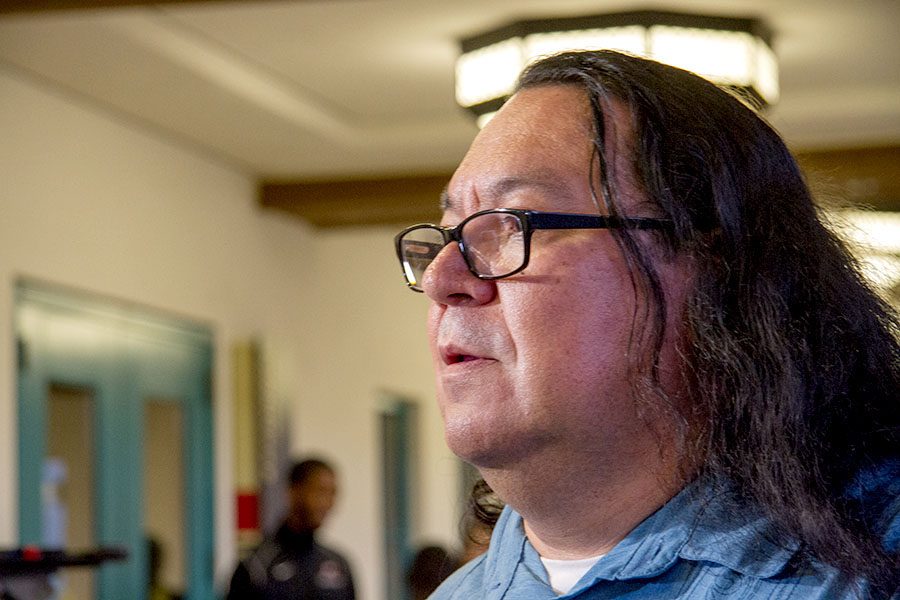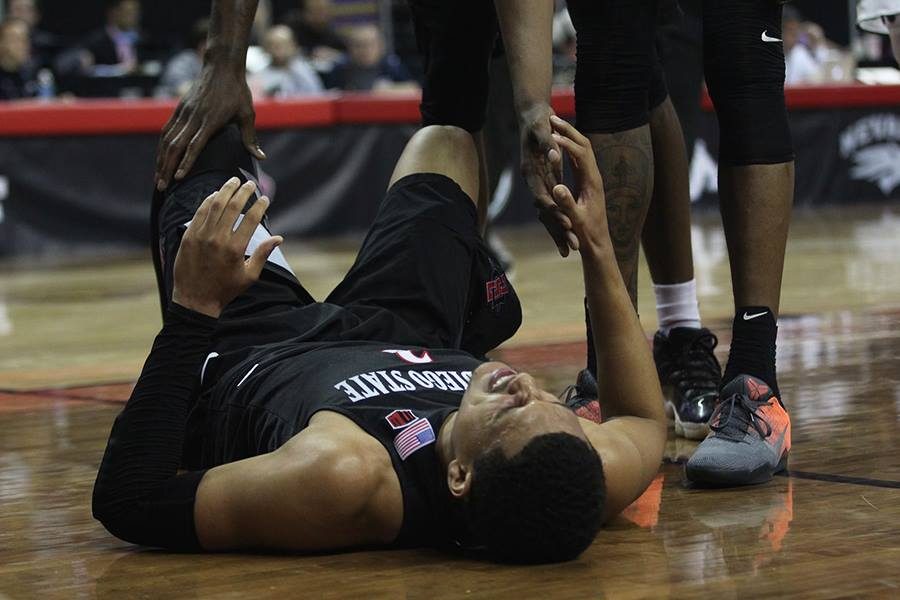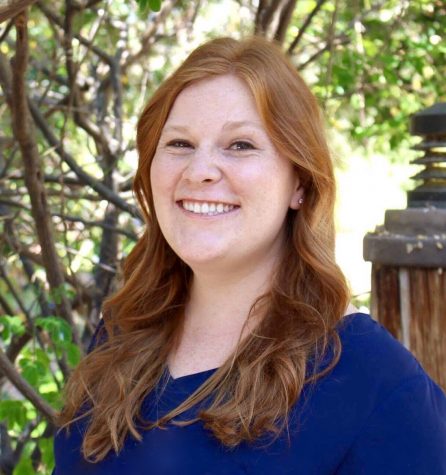On Thursday, Sept. 24, San Diego State hosted the second event in its monthly series of Let’s Talk briefings at Scripps Cottage. The event featured a discussion about sexual violence and assault as a campus community in order to raise awareness and provide tools for prevention.
The interactive panel, moderated by Title IX Coordinator Jessica Rentto, specifically discussed the options available to students who experience any type of sexual violence, as well as the roles of different on-campus departments and administrators involved in the process.
Panelists included Director of Student Rights and Responsibilities Lee Mintz, Counseling and Psychological Services Director Jennifer Rikard, Sexual Assault Victim Advocate Jenny Harper, SDSU Police Department Detective Carrie Hogan and Student Health Services Nurse Practitioner Carol Boyle.
The event included a lot of valuable safety information. Several student options for managing sexual assault were discussed, including filing a police report, filing a university complaint or seeking support services without filing a legal complaint, both on and off campus.
Each panel member presented their opinions on a variety of topics.
“The support group we have for survivors on this campus, in my opinion, is unprecedented,” Mintz said.
Another point of discussion was students’ option to bring a trusted friend or family member for support when speaking to the police, which is allowed unless that person was a witness to the assault itself.
“The first 72 hours after an assault has occurred is the time frame to receive a sexual assault forensic exam (SART),” Harper said. “For a lot of people, they’re not sure at that moment that they want to press charges, so I promote a non-investigative report (NIR). You can still have the forensic exam, and have the evidence collected, but it’s held confidentially on file.”
The only way to access an NIR is through the San Diego 24-hour crisis hotline, which can be found on the Let’s Talk community page. If a student doesn’t wish to file a report, but still wants medical care, Student Health Services at the Calpulli Center is available.
However, Student Health Services is mandated to report the incident to the police department within 24 hours of the medical visit. The police department will contact the student, but there is no obligation to release any information at that time.
“The number-one thing within the first 24 hours is to evaluate whether or not they feel safe,” Mintz said.
According to Title IX, depending on whether or not the student chooses to pursue a criminal investigation against the offender, SDSU will discuss interim measures and the availability of permanent academic, living, transportation and work accommodations to make the student feel as safe as possible after an assault.
“One of my biggest concerns is that students will not report sexual violence because they’re worried about getting in trouble for violating one of the campus rules regarding drug and alcohol usage,” Mintz said. “I’ve never worked with a survivor that’s been charged with any policy violations.”
The current policy requires affirmative consent, meaning that someone has to either be saying or showing, or both, that he or she is OK with whatever sexual act is at hand. If a student gives affirmative consent before sexual relations, that consent may or may not continue throughout the sexual act.
Each panelist emphasized the important of education of the student body on the issue of sexual violence. They attributed the increased number of crime alerts to the increased education on the topic.
According to the Let’s Talk events page, the next event will be on Thursday, Oct. 22 at 3 p.m. in Scripps Cottage. The briefing will center on domestic violence and healthy relationships. Students can check back to the event page for future updates.











